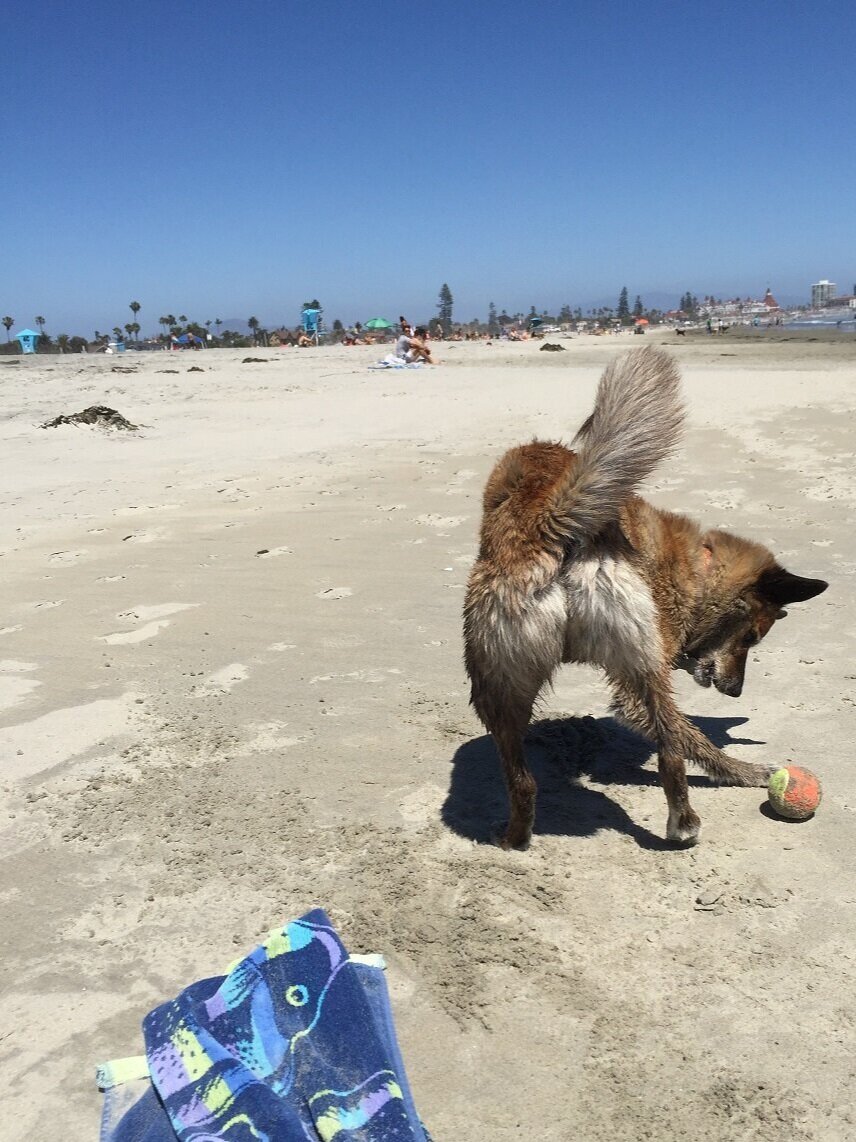
Helping Dogs and Cats with Bladder Cancer - Transitional Cell Carcinoma (TCC)
This website was developed to become a comprehensive resource for pet parents facing a TCC diagnosis by providing relevant information in all aspects of the TCC journey. This site does not replace the advice of a veterinarian, but is meant to provide information in order to assist in decision making, facilitate critical questions and help provide care for your pet. All site updates will be communicated through the two TCC Facebook groups. Make sure you are a member of at least one of them to learn about new studies or important TCC information. Take a moment to learn about the creation of this site.
Understanding Transitional Cell Carcinoma in your Pet
If you only have time to read a few resources on Transitional Cell Carcinoma, here are my favorite resources:
- Dr. Debbie Knapp, DVM at Purdue University is the world renowned expert in treating and researching TCC in canines. Her valuable work is found throughout this site. Dr. Knapp explains TCC causes, diagnosis, treatment protocols, current research and more in this link. Any dog with TCC would be extremely fortunate to receive care at the Purdue Canine Bladder Cancer Clinic in West Lafayette, IN.
- Veterinary Information Network, Inc. is the veterinary profession's premiere online resource has a great article written by Wendy Brooks, DVM on their site describing the diagnosis and treatments for TCC in dogs and cats. It was last updated in August 2018.
- This study was conducted in 2019 with 118 cats with TCC. This is one of the few comprehensive studies on cats.
Diagnosis
The signs and symptoms of Transitional Cell Carcinoma often follows a similar path. Learn about the different methods available to diagnose TCC in your pet. There are also risk factors discussed that have potential to lead to a TCC Diagnosis.Treatments
Transitional Cell Carcinoma cannot be cured, but there are many treatment options and clinical trials that can prolong the life of your pet while maintaining a high quality of life using both conventional and holistic options. Side effects can be managed as well.Featured TCC Blog Posts:
Let’s Find a Cure for TCC
I believe the best chance in finding a cure for Transitional Cell Carcinoma in our dogs and cats lies with Dr. Debbie Knapp, DVM at Purdue University. She is the co-director of the Purdue University College of Veterinary Medicine’s Comparative Oncology program focused on transitional cell carcinoma in canines. She is world renowned for her work on Transitional Cell Carcinoma. In order to lead more clinical trials for TCC, additional funding is always needed. Personally, I have included Purdue in my estate plan and have created the Tigger Hughes Bladder Cancer Research Fund for Canines within Purdue. This money will be used specifically for Bladder Cancer Research in Canines. Please consider helping Dr. Knapp and her team to find a cure for this dreadful disease.




